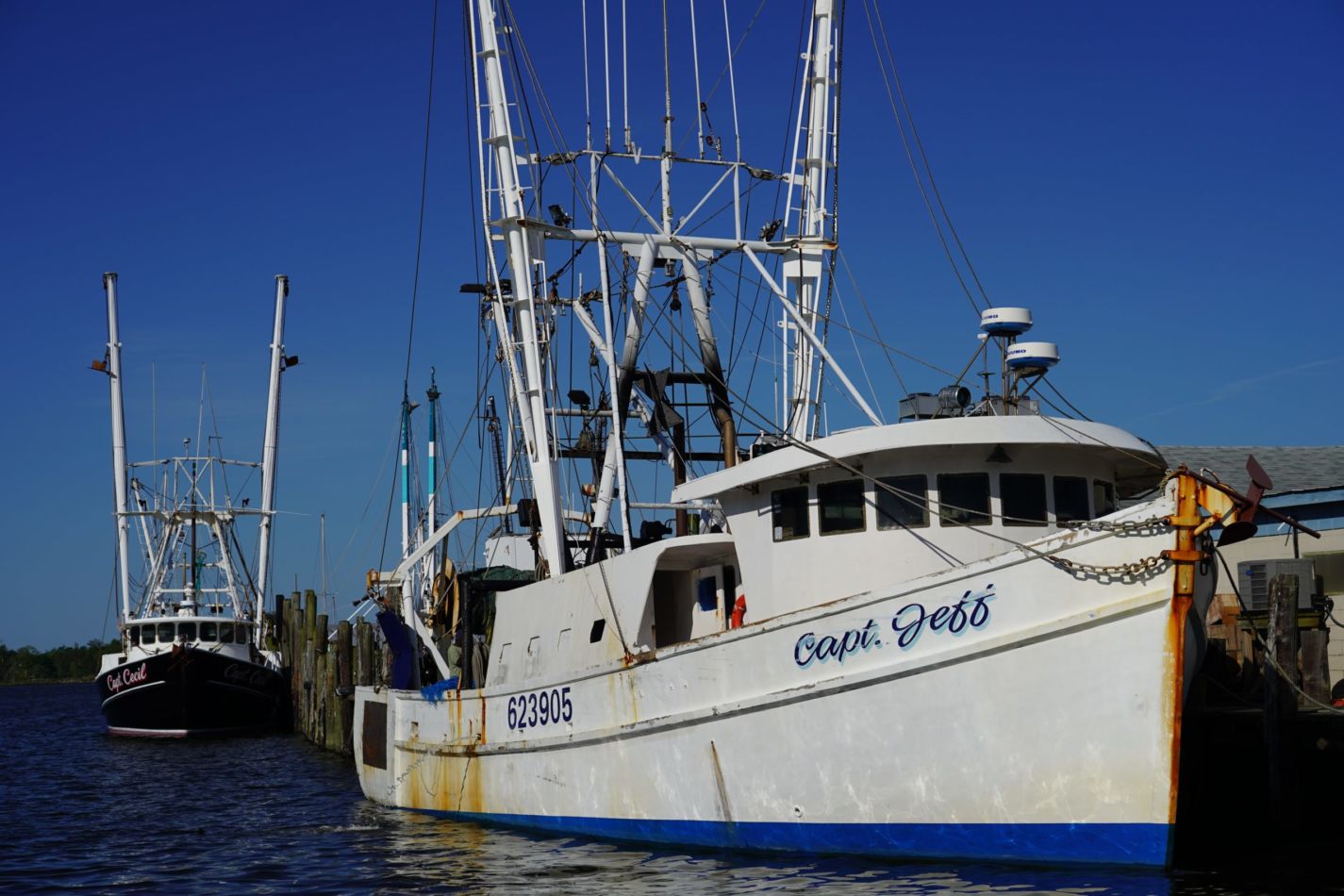Several years ago, a Carteret County deputy sheriff stopped by the house to discuss our ongoing target practice activity, with which one of our new neighbors had expressed concern. While in the yard discussing the matter, my wife suddenly told the deputy to stand still and then proceeded to SLAP him right upside the head!
My lower jaw dropped to my waist at that instant, and my vocal cords emitted an awful gasping sound. Expecting the deputy to draw his Smith & Wesson and order everyone to the ground, Dianna suddenly exclaimed, “I got him!”
A mosquito. The deputy thanked her.
Over half of Carteret County is water; of the remaining land area, over half is wetlands. During the past 50 years, key areas of the remaining undeveloped land area have suffered “designation,” where government environmental regulatory agencies identify some urgent cause to impose restrictions to impede or prohibit alteration. A malady especially particular to the North Carolina Coast, the purpose of the designation is regulation, and anyone government control-oriented wants to get into the act.
From the alphabet soup of EPA, USACOE, F&WS, NMFS, NPS, USMC, USDA, CRC, NCDMF NCEMC, NCWRC, and other government entities, the piling on even includes the NGOs, who operate with generous government grants. This, combined with an over-active scientific research community, where virtually every doctorate thesis brings more demands to regulate another impending environmental catastrophe, the local demographics are in a geriatric free-fall. Children have migrated away for generations to more favorable locations where the economies are more conducive to their career goals.
The proliferation of government land restrictions, though seemingly subtle at first, over time, has inflicted significant cumulative economic injury from the thousand little cuts imposed by the environmental regulatory community. The regulatory barriers placed on the need to develop natural resources to provide vital economic infrastructure have reached a crisis. The ability of the local citizenry to govern the destiny of their collective future has been swept aside in deference to a government-enforced nature-worship cult. The coastal environment is just too precious to be spoiled in meeting human needs.
Carteret County pays a high cost for being blessed with abundant natural resources. The incremental growth of the government regulations and the rise of the Scientific Educational Research Environmental Regulatory Industrial Complex (
The recent interest of Gov. Roy Cooper in developing Radio Island at the Morehead City State Port, though a welcome gesture without an associated significant improvement of the highway system, is little more than window dressing. Continuing to develop the Morehead City Port, when virtually all port traffic must route in and out of downtown Morehead City, with its multiple stoplights, 30 MPH speed limit, and train and beach traffic competition is absurd.
In 2009, there was a presentation regarding NCDOT’s analysis of a North Carteret Bypass. This freeway would circle outside Morehead City, north of the Newport River, and enter the Town of Beaufort from the north. It didn’t help that the legislative priorities at the time were on highways in other

It’s time to dust off this old idea and take a fresh look. There are viable alternatives available other than driving straight through the center of North Carolina’s own little Amazon. An alternative route following the edge of the Croatan through Mill Creek, along the Newport River, across from Morehead City, will be more economical and environmentally viable. In addition, bridges spanning the wetlands, streams, and channels, with the corresponding scenic views, would showcase Carteret County’s natural beauty from an advantageous position.
Like the good-natured Carteret County Sheriff Deputy who didn’t handcuff and arrest us all that day, the people of Carteret County have soldiered on stoically, despite these regulatory headwinds, even as the environmental regulations have accumulated incrementally and oppressively. The people of North Carolina should be willing to stand up and make significant transportation investments here, not just for the overriding public benefit, but to help offset the significant regulatory burden the central coastal citizenry has born alone for way too long.
Nelson Paul is a real estate agent, former NC Coastal regulator, inventor, husband, father of four, and a grandfather of seven.